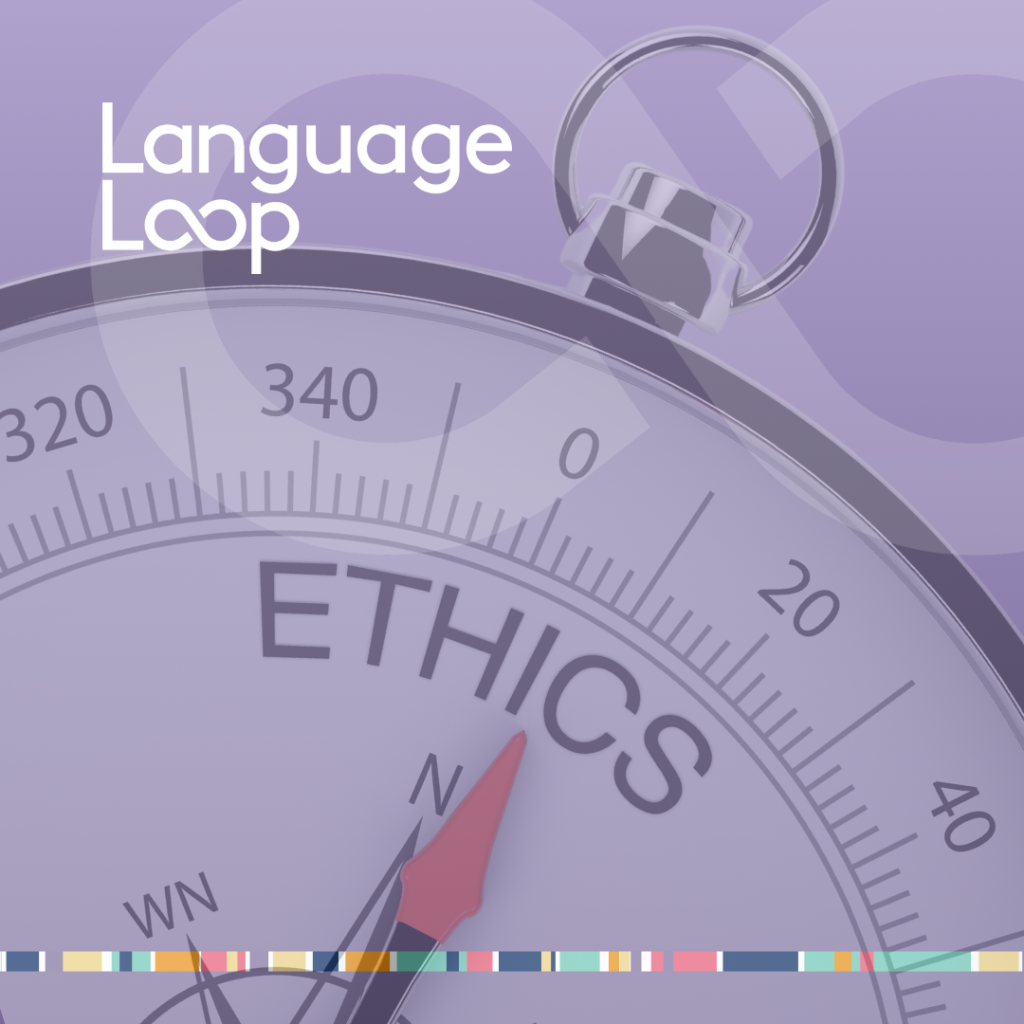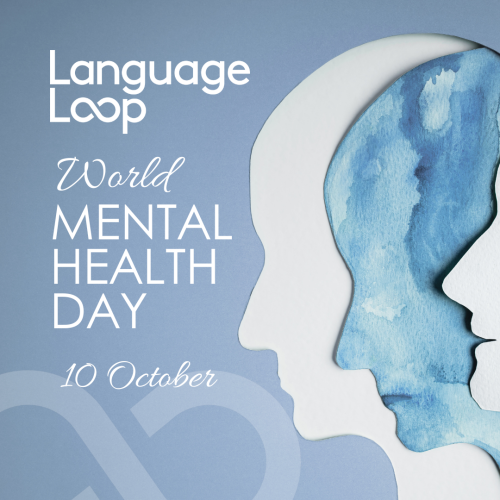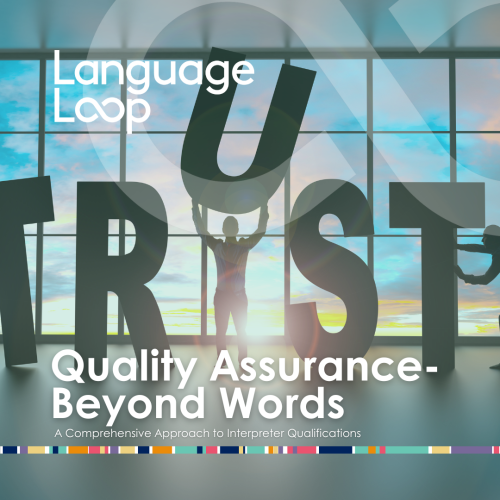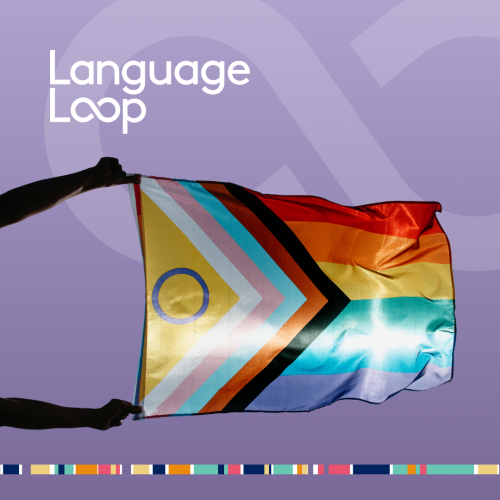We often encounter the question: Do interpreters undergo any ethics training?
LanguageLoop language professionals are linguistically proficient, culturally sensitive, and ethically grounded in their practice. Effective and respectful communication is essential, especially when navigating the complexities of language barriers. At LanguageLoop, we’re committed to ensuring that our language services adhere to the highest standards of ethics and professionalism.
The Short Answer: Yes, absolutely.
Interpreters undergo comprehensive ethics training, whether part of telephone interpreting services, video conference interpreting, on-site interpretation solutions, or any other form of real-time interpretation and language support. This training is a cornerstone of their professional development, ensuring they deliver services that respect privacy, confidentiality, and impartiality—crucial principles in all settings, including medical, legal, and community interpreting.
Continuing Education
Furthermore, to retain their credentials, language professionals must complete ethical training as part of their professional development to ensure that ethical considerations are always at the forefront of their professional practice.
Understanding Interpreter Ethics Training
1. Confidentiality: Confidentiality is a vital aspect of interpreter ethics training. Interpreters are trained to understand the significance of maintaining the confidentiality of all information they encounter while performing their duties. This aspect of training ensures that individuals feel safe and secure, knowing their information is protected.
2. Impartiality: Professional interpreting services emphasise neutrality. Interpreters are trained to convey messages without bias, ensuring that all parties have equal access to information. This impartiality fosters trust and respect among all communication process participants.
3. Accuracy: In their ethics training, interpreters learn the importance of accurate and complete message transfer. This ensures that the original meaning is preserved without addition or omission, supporting clear and effective communication.
4. Professionalism: Ethics training also covers aspects of professional conduct, such as respecting cultural differences, understanding one’s role’s limits, and continuous learning to improve language and interpreting skills. This ensures interpreters can provide high-quality, respectful, and culturally sensitive services.
5. Continuous Learning: Ethical training for interpreters is not a one-time event. It involves ongoing professional development on the latest ethical standards, practices, and technologies. This commitment to excellence and innovation is at the heart of providing effective language barrier solutions.
Our Commitment to Ethical Practices
At LanguageLoop, our mission to facilitate communication and support equitable participation for speakers with limited English proficiency is underpinned by ethical practices. Our credentialed interpreters and translators embrace the ethical principles in the AUSIT Code of Ethics and the LanguageLoop Code of Conduct.
No matter how you access language professionals through telephone interpreting services, video conference interpreting, or on-site interpretation solutions, we ensure our team is equipped with the ethics training they need to navigate our clients’ diverse and dynamic communication needs.
When you choose LanguageLoop for your translation and interpretation needs, you choose a partner committed to the highest ethical standards in cross-cultural communication and customer service. We’re proud to uphold these standards, turning words into possibilities and ensuring that language is no barrier to full and equal participation for all. To learn more, you can download a copy of the AUSIT Code of Ethics from https://www.ausit.org








